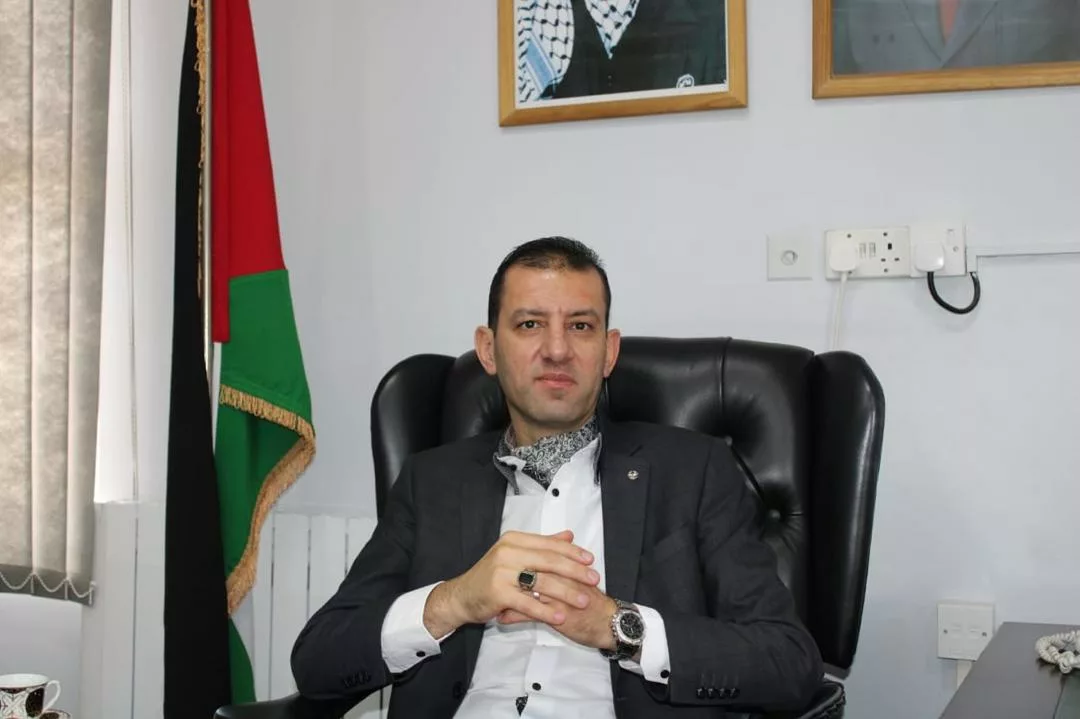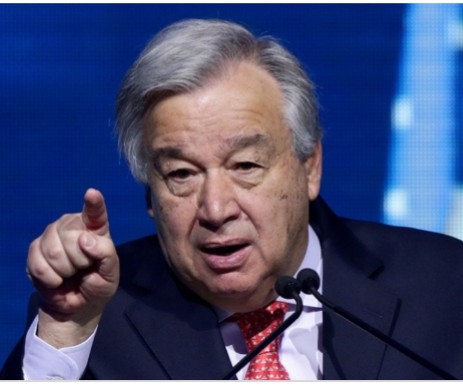|
Getting your Trinity Audio player ready...
|
Writes Itayi Tawona Muchemwa
The current state of Zimbabwe’s opposition is marked by a significant leadership deficit, which has resulted in its decline and inability to effectively challenge the ruling ZANU-PF party. This deficit is evident in the opposition’s disintegration, failure in local governance, and lack of a clear direction or strategy.
The passing of Morgan Tsvangirai has left a void in the opposition’s leadership, which has yet to be filled. This has led to a power vacuum, with various factions emerging, further weakening the opposition. The opposition’s failure to deliver in local governance, particularly in urban councils, has also eroded public trust and confidence.
The calls for SADC intervention to address the leadership deficit are misplaced. Instead, the opposition must take responsibility for its reform and rejuvenation. This requires a thorough examination of its structures, policies, and leadership, intending to reposition itself as a credible alternative to ZANU-PF.
Reform is crucial for the opposition to regain relevance and connect with the electorate. This includes addressing internal conflicts, building strong and effective leadership, and developing a compelling vision for Zimbabwe’s future. With proper reforms, the opposition can reach out to the 6 million voters and potentially win the next election.
Key Recommendations:
Internal Reform: The opposition must prioritize internal reform, addressing its structural and leadership weaknesses.
Leadership Renewal: The opposition needs to identify and develop new leaders who can inspire and mobilize the electorate.
Policy Renewal: The opposition must develop a clear and compelling policy agenda that resonates with the electorate.
Electoral Strategy: The opposition needs to develop a robust electoral strategy to reach out to the 6 million voters and win the next election.






